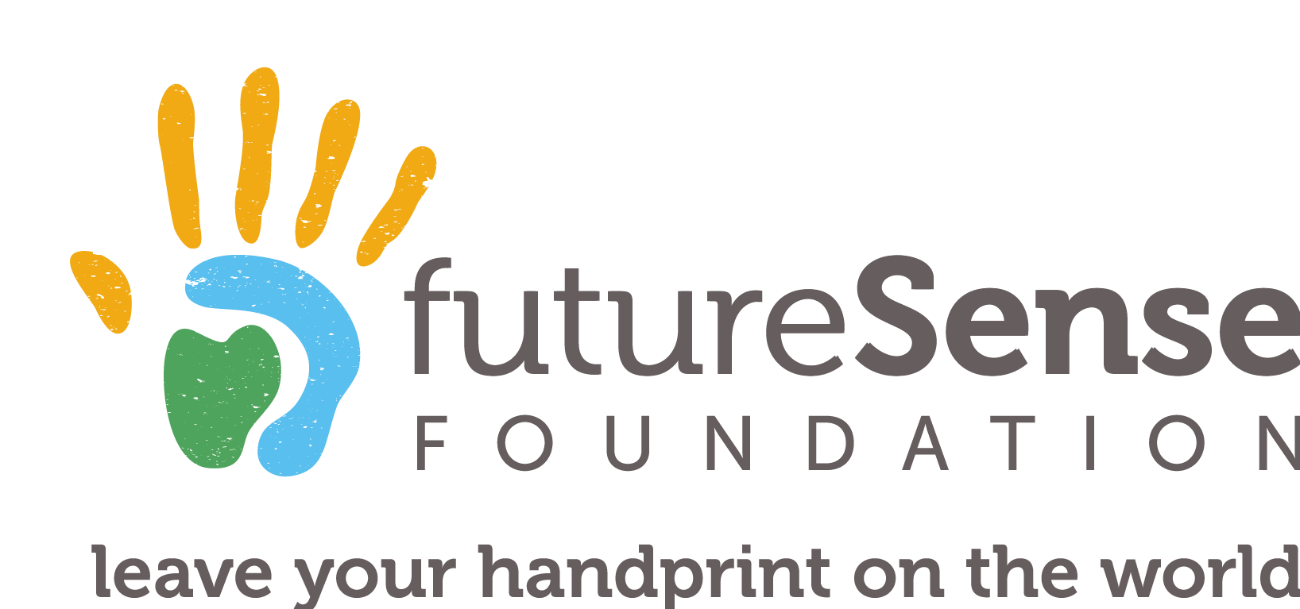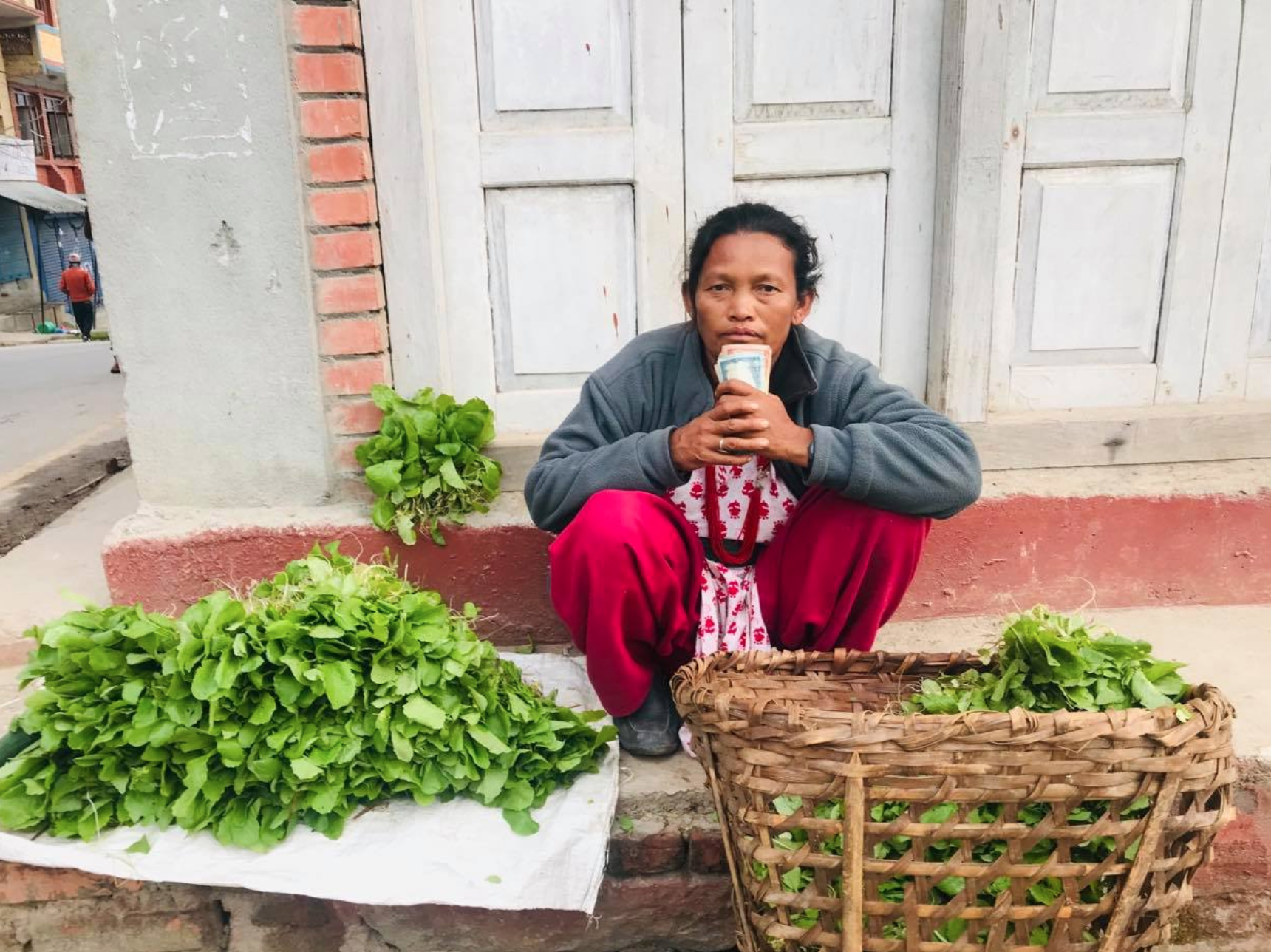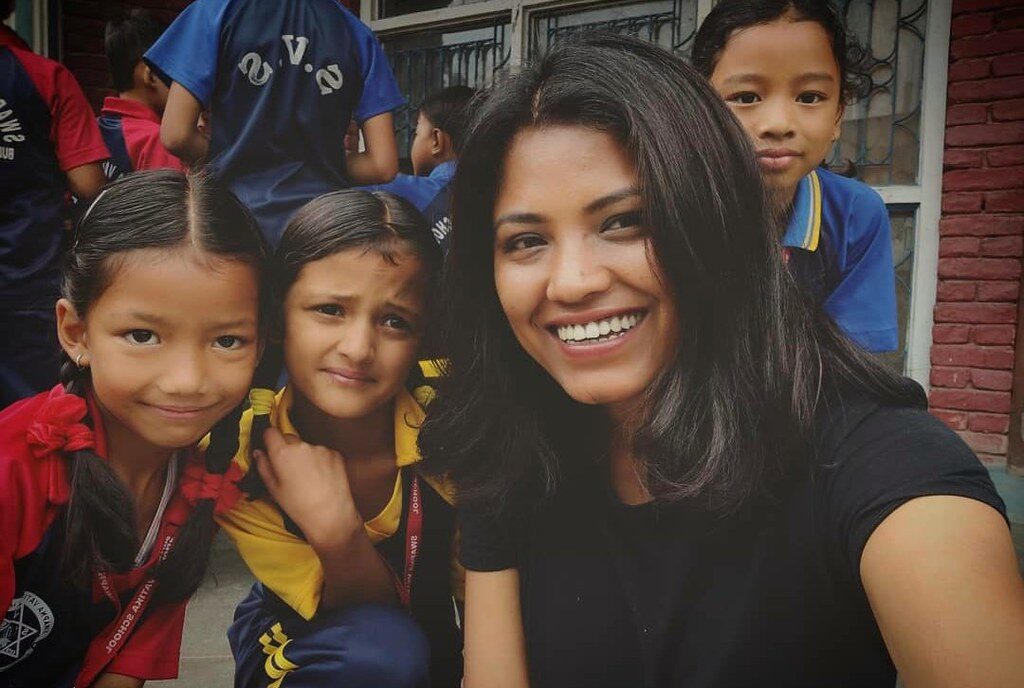Written by Georgia Bryant, Thailand Health Intern.….
At the beginning of July, FSF Thailand initiated a foundation project called the ‘Social Enterprise Project’, in which students from Curtin University Business School, combined with the help of 3 interns, visited Thailand with a mission of scoping out possible business ideas to help improve the livelihoods of the rural Hill Tribe Communities.
Thailand can be considered a middle-income country, the income gap between those who live in urban areas versus rural, is stark. Those who live in the hill-tribe communities are even more vulnerable to this inequity because of their remote geographical location, low incomes, lack of access to quality education, their ethnic status (and stigma surrounding this) as well as barriers such as language. With the Sustainable Development Goals (SDGs) in mind, including SDG 1: no poverty and SDG 8: promoting full and productive employment and decent work for all, the team were passionate to use their skills for good.
With a strong focus on coffee as a possible business lead for these communities, the team spent their first week gathering information by visiting several social enterprise experts in Chiang Mai.
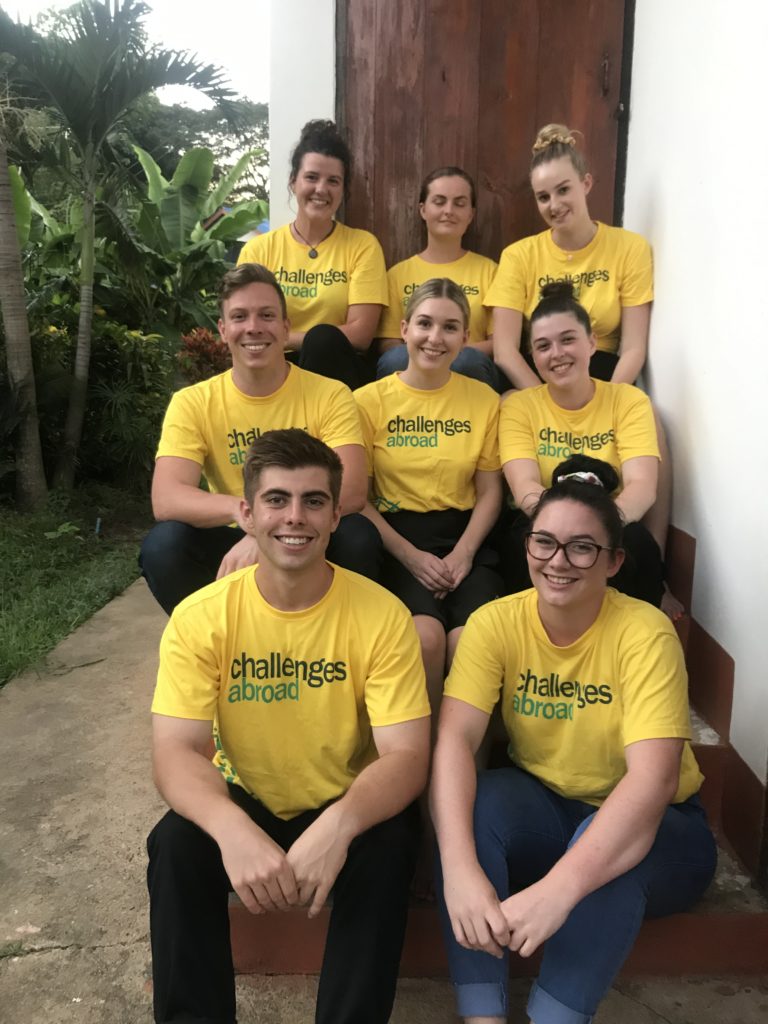
This included many different business owners, university lecturers, community leaders and coffee shop owners, who lent their valuable knowledge and insight into the prospect, possibilities, challenges, cultural factors and suitability of starting a social enterprise in Thailand.
The team then travelled to the Thailand Hub in Mae Sariang where they visited a Coffee Farm on a field trip. During this experience the team learned about how coffee is produced by small farm holders, and even had the chance to plant some young coffee saplings themselves! Getting their hands dirty, working hard and seeing first-hand how much time and effort goes into producing a single coffee bean, not to mention the final cup of coffee, was eye opening and humbling.
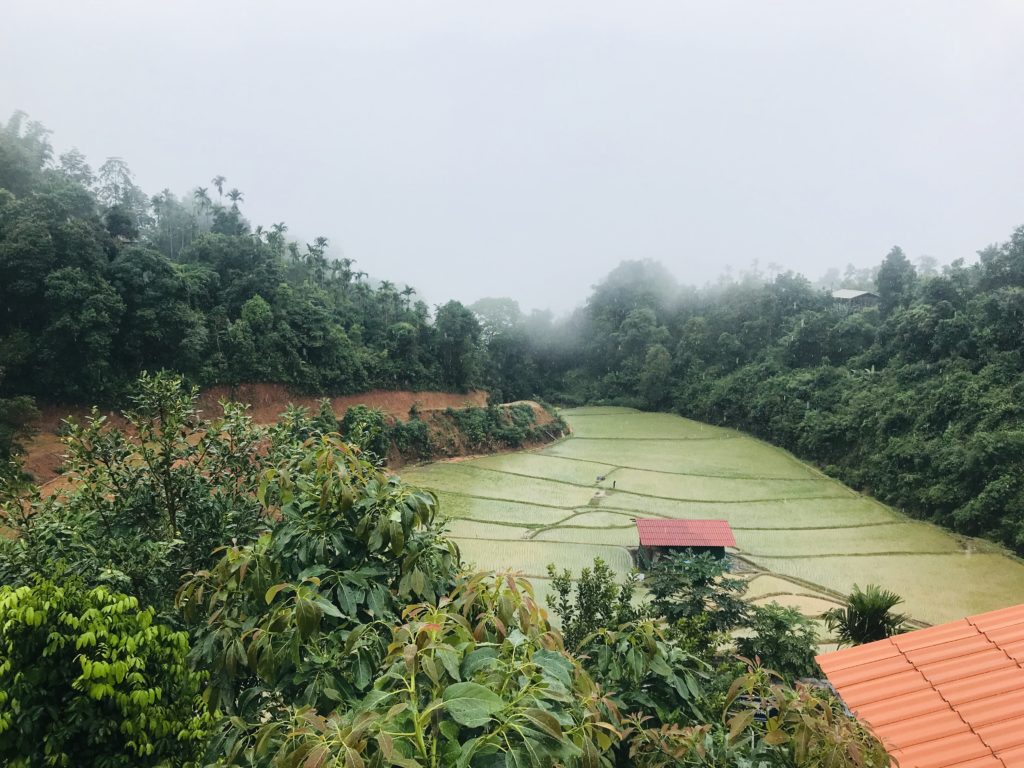
With new-found knowledge and motivation, the team began to brainstorm and research potential business leads and ideas. After a full week of further research, the coffee industry was found to be booming in Thailand, and only expected to grow.
The Curtin University students used their business skills to their advantage, researching everything about the industry, including; international trade, economics, tariffs, training and development, social forces, finance options, risks, taxes, legal liabilities, the current political status, permits, regulations, corruption, marketing, branding, trademarking, tourism and more. The interns used their skills to include aspects such as health impacts, environmental impacts and legal impacts of coffee production.
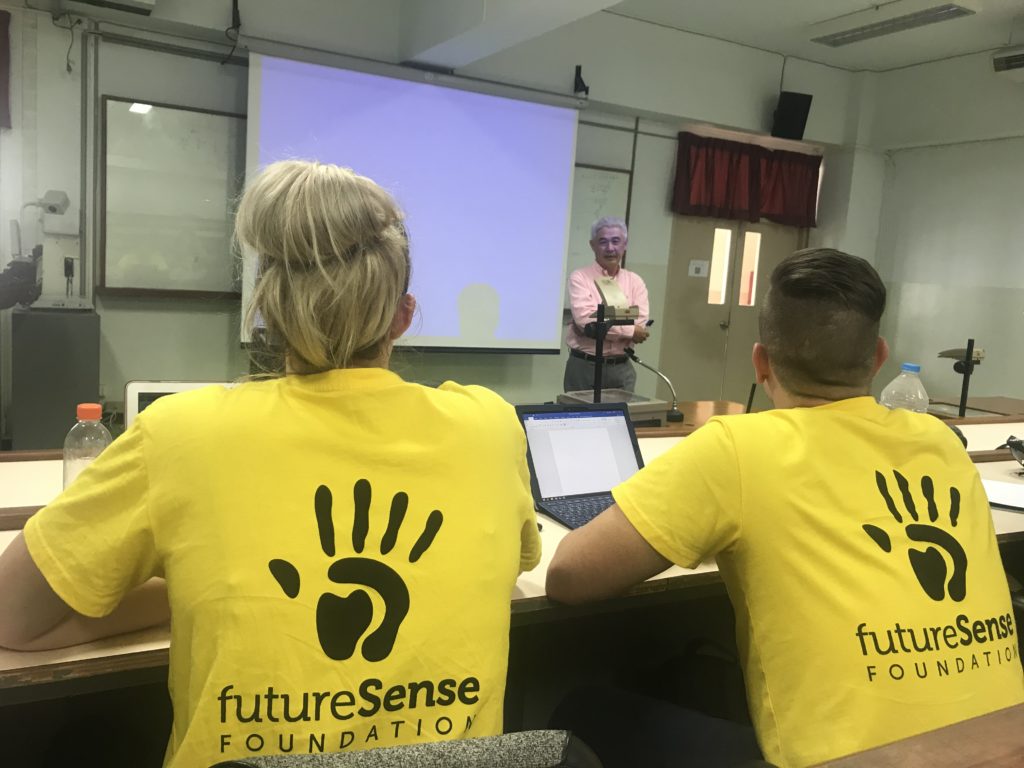
During this research it was found that starting a small, family-operated coffee farm within one of the Hill Tribe Communities would be the most viable option for generating positive change, with eco-tourism opportunities coming in a close second.
There was a strong focus on the positive environmental impacts of this project as well, as this is of major importance to Future Sense Foundation. In particular, taking advantage of the lush natural forest surrounding the Hill Tribe Communities, coffee is an excellent crop which can be co-planted amongst the naturally existing forest, so traditional ‘slash and burn’ methods of deforestation are not required.
When co-planted among the natural forest, the larger, more established trees provide shade and protection for the coffee, meaning better yields, less likelihood of pest infestations and makes the coffee more climate change resilient. Eco-tourism could foster a community-wide respect and deeper understanding of the importance of preserving the natural environment and could also provide income in which could be used to fund further environmental initiatives. Furthermore, a sustainable income for the hill-tribe communities could provide them with the means to access education, improve their health, bring younger people back to region and improve their living standards – a win for all!
In addition, the delivery of environmental sustainability workshops within partner schools, monasteries and communities are becoming a bigger focus as the need for direct climate action becomes increasingly clearer. This aims to create a lasting, generational change.
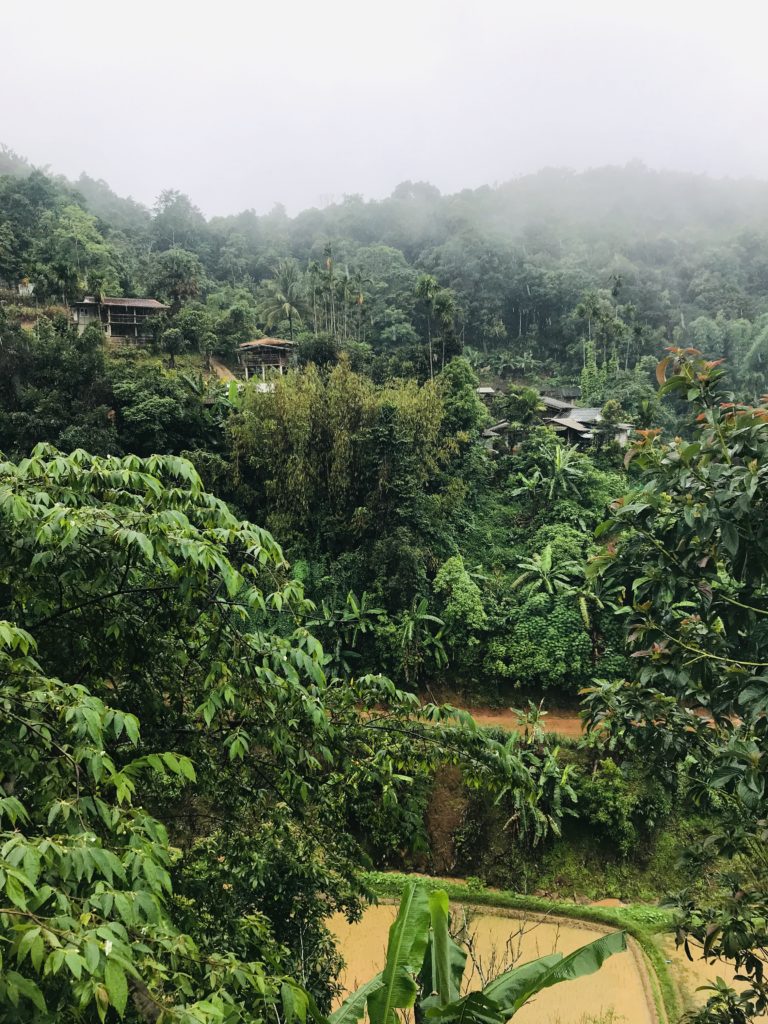
Overall, this is an exciting area in which FutureSense Foundation Thailand are constantly looking to improve on and further develop – and I, for one, am excited to see how this unfolds in the future!
“I’ve always had a philosophy that position doesn’t define power. Impact defines power. What impact are you making on people? What impact are you making on business?” – Mindy Grossman
